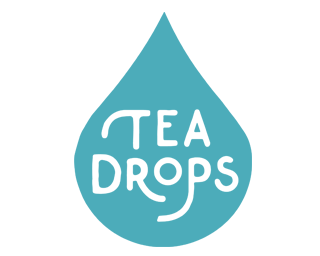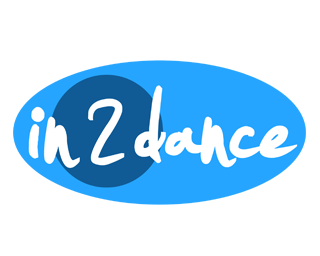The Dish on Keto Diet
March 12, 2021The Ketogenic Diet (commonly called “Keto Diet”) has gained a lot of popularity in recent years.
This program is a low carb, high fat and moderate protein diet. This diet has been used for many years in treating epilepsy in children, but is now a very common method to dieting and weight loss. Basically, instead of the body burning carbohydrates as a fuel source, it burns fat and produces ketones which can cause ketosis. Ketosis is defined as the metabolic state ketone bodies in the blood or urine are used for energy by the brain due to low availability to glucose. This diet is similar to the Atkins Diet that was very popular 20-30 years ago as many diets do get recreated to a different name with a similar concept through the years.
Are There Health Benefits to this Diet?
Yes, as with any diet where there is a reduction in calories, there will be weight loss. There has been research that a keto diet can help in the treatment of Type 2 diabetes, epilepsy, obesity and metabolic syndrome with further research leading to some other positive health outcomes. The problem is that a diet this low in carbohydrates does not seem sustainable for long periods of time, so people tend to gain the weight right back when going back to their former eating patterns.
What Are the Risks?
There is such a thing that is called the “keto flu” which I have also personally seen with many of my own patients and clients as well. This can last for a few days up to weeks after starting the keto diet where there is possibly “brain fog”, extreme fatigue, weakness, low energy, dizziness, headaches, constipation or nausea. The keto diet can be dangerous for some people with diabetes or those on certain types of diabetic medications. It can also be an issue for those who are supposed to be following a low-fat diet for various medical reasons.
Should You Start the Keto Diet?
As I would recommend with any diet, a person should consult with their physician before starting especially if they have any medical issues. Typically, when I talk to people about dieting, I tell them that if a diet is restricting a certain food group or nutrient, then it is not a good diet. Ultimately, the choice is yours if you want to start this diet or not, but I would also recommend doing thorough research on it and maybe even checking out some of the less extreme diets that seem more practical for a long term healthy weight loss.





